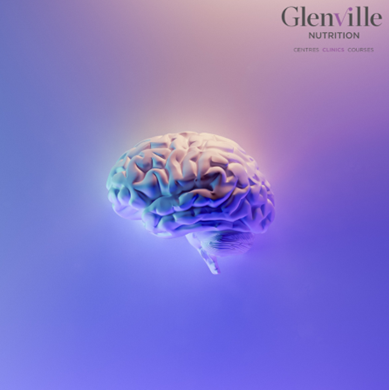Hormone replacement therapy (HRT) may reduce dementia risk in women
Alzheimer’s is the leading killer of women, responsible for three times more deaths than breast cancer and is the third biggest killer for men; so of course it is important to work on prevention especially if you have a family history.
You may have seen the headlines that have come out recently suggesting that HRT could help in reducing the risk of Alzheimer’s in some women.
A study from the Universities of East Anglia and Edinburgh is suggesting that HRT could reduce the risk in women who carry the APOE4 gene (who have a higher risk than women who don’t carry this variant).[1]
About 25% of women in the UK carry the APOE4 gene and this study suggested that HRT use was associated with better memory and larger brain volumes in those women with the APOE4 gene and particularly when HRT was started in the perimenopause.
This was an observational study, which is where the individuals in the study are just observed. This was not a randomised controlled trial (RCT) which measures the effectiveness of treatment to measure the cause and effect of an intervention, in this case it would be HRT versus a placebo and its effect on memory.
In this study, the researchers made it clear that they did not look at Alzheimer’s cases, only cognitive performance and brain volume. And the study did not continue to measure whether women went on to develop Alzheimer’s. The researchers stressed they could not be sure that HRT cuts the risk, but the findings were ‘really important’.
Looking at the research to date the findings on the risk of Alzheimer’s and HRT use remain unclear. A RCT trial which compared women using transdermal oestrogen and micronised progesterone versus women taking a placebo showed no change in cognitive outcomes over the 4 years of the study.[2]
And research in 2019 in a large study involving over 84,000 women diagnosed with Alzheimer’s disease compared to over 84,000 controls, concluded that HRT increased the risk of developing Alzheimer’s disease with both combined oestrogen and progesterone and oestrogen on its own.[3]
I am really concerned that the menopause is being medicalised and all these messages are serving to prepare women to ‘expect the worst’ and that this life stage always needs treatment. This has been mentioned in the British Medical Journal that we should normalise the menopause and that this is a ‘natural event for half of humankind’.[4] Any medication can carry side effects and the main risk with combined HRT is the risk of breast cancer.[5]
I have written two books that are relevant here, Natural Solutions to the Menopause and Natural Solutions for Dementia and Alzheimer’s. There is so much you can do to go through this menopause transition comfortably and also to work on prevention of Alzheimer’s.
If you would like to know whether you have the APOE4 variant, then this can be checked with a simple blood test. If you read the news, this is the same test that Chris Hemsworth, the Hollywood actor, did recently and found out he has two copies of the APOE4 gene which gives him a 8 to 12 fold risk of developing Alzheimer’s.
But it is important to know that even though the risk is increased when someone has two copies of this gene, it does not mean that it is inevitable they will develop Alzheimer’s as there is so much that can be done to work on prevention.
[1] https://alzres.biomedcentral.com/articles/10.1186/s13195-022-01121-5
[2] https://pubmed.ncbi.nlm.nih.gov/26035291/
[3] https://pubmed.ncbi.nlm.nih.gov/30842086/
[4] https://www.bmj.com/content/377/bmj-2021-069369
[5] https://www.thelancet.com/journals/lancet/article/PIIS0140-6736(19)31709-X/fulltext
